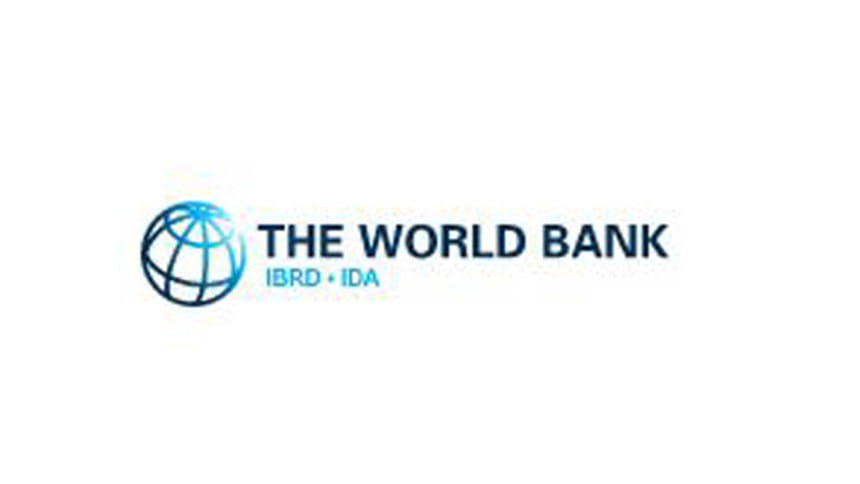WB retains Bangladesh’s growth forecast at 5.7% for FY25

The World Bank has kept its economic growth forecast for Bangladesh unchanged at 5.7 percent for the upcoming fiscal year although the government is shooting for a much higher GDP expansion.
The projection from the Washington-based lender comes a couple of days after the government targeted a 6.75 percent growth of the gross domestic product -- the final value of goods and services produced in an economy in a certain period -- for 2024-25.
Bangladesh's economy is likely to grow 5.7 percent in FY25, supported by increased private consumption for easing inflation and a pick-up in overall investment for implementation of large investment projects, the WB said yesterday in its Global Economic Prospects.
"Shortages of inputs and imported goods are expected to ease gradually. A more flexible exchange rate policy is envisaged to help increase remittance inflows and reduce balance of payments pressures."
The agency said overall output would expand 5.6 percent in the current fiscal year, which ends this month. The Bangladesh Bureau of Statistics provisionally estimates the GDP growth to be at 5.82 percent in 2023-24.
Industrial activity was disrupted in Bangladesh partly due to ongoing import restrictions, which have caused shortages of materials and intermediate goods.
"The government consumption and investment have supported activity, while elevated inflation has dampened real wage growth and the purchasing power of households, and weighed on private consumption," the WB said.
"Additionally, higher borrowing costs have weighed on demand. High levels of non-performing loans in the banking sector dampened investor confidence."
In March, default loans in the banking sector hit an all-time high of Tk 182,295 crore.
Among the South Asian nations, the multilateral lender raised its growth outlook for India, Bhutan, and Sri Lanka and lowered projections for Nepal, Pakistan and the Maldives.
It now expects the world economy to grow by 2.6 percent this year, up 0.2 percentage points from its last update in January.
"Despite an improvement in near-term prospects, the global outlook remains subdued by historical standards," the lender said.
In FY25, growth is set to underperform its 2010s average in nearly 60 percent of economies, comprising over 80 percent of the global population. Downside risks predominate, including geopolitical tensions, trade fragmentation, higher-for-longer interest rates, and climate-related disasters.
Given continued inflationary pressures, central banks in both advanced economies and emerging market and developing economies will likely remain cautious in easing monetary policy, the WB said.
"As such, average benchmark policy interest rates over the next few years are expected to remain about double the 2000-19 average."

 For all latest news, follow The Daily Star's Google News channel.
For all latest news, follow The Daily Star's Google News channel. 







Comments